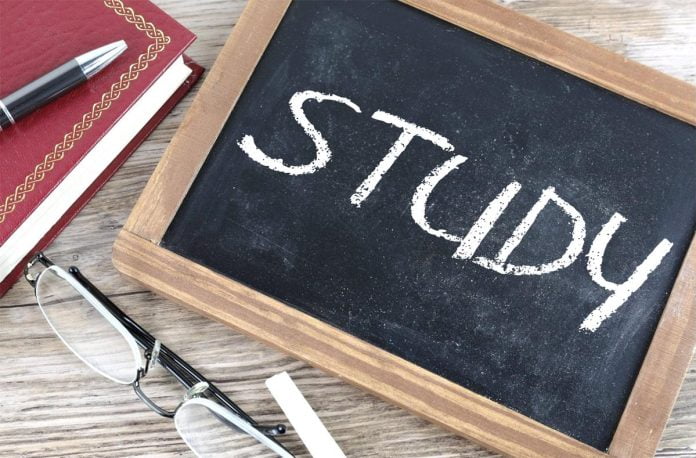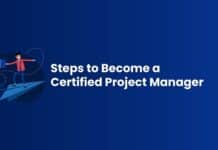Do you ever feel that your academic habits aren’t working? Are you wondering what could be done differently to get better in classes and on examinations? Many college students come to realize that their studying practices aren’t working as they did back in high school. This is understandable since college is very different from high school. Professors are more demanding, the exams are longer, classes are more serious, and the reading is more challenging. This means one thing – you need efficient study tips. There are plenty of great strategies for studying which have proven efficient for college.
This guide will present a variety of tips for effective studying. Incorporating these suggestions into your daily study schedule will enable you to learn the course material productively. Test them out and identify the ones that work best for you.
1. Find a Good Study Place
You should go a fine line when you’re trying to find the most ideal place to study. It’s important to find an area that’s cozy without being so tranquil that you want to sleep. For some students, this can be a desk. Some prefer to work on couches or at the table in the kitchen. Your bed, however, could be too comfortable.
Being in silence helps you concentrate. If your neighbors are noisy or construction is taking place outside your window, you may need to move in an upstairs bedroom, peaceful cafe, or even your local library.
2. Actively Engage in the Studying Process
Re-reading texts or notes is not the same as being engaged in the subject matter. Doing the class readings is not a way to study. Consider reading as an essential aspect of studying. However, learning to master information involves being actively involved in the subject. Active involvement is the act of making meaning out of text. This means building connections to lectures, creating examples and managing your personal learning.
Active study does not mean underlining the key ideas. Try to build conceptual maps or develop associations to memorize better.
3. Always Take Notes
What your teacher discusses in class are probably subjects they consider to be very crucial to your study. Therefore, it’s a great idea to become a diligent note-taker.
These study tips will help make you take notes efficiently.
- Jot down the most important issues.
- Make use of shorthand whenever possible.
- If you’re not in a position to record all the details down, just write the keyword or name.
- Be consistent and apply the same system of organization every time you write notes.
It is beneficial to record important information because it requires you to be attentive and focused on the topic.
4. Leave Easy Tasks for Later
Let’s face the facts: there are disciplines you are more passionate about than the others. If you’re determined to approach things in a smart manner, make sure you save the easiest assignments for later. Do the most difficult tasks first.
If you put off the most difficult tasks for the end, then you’ll procrastinate until it’s too late. This can also drain you out. But if you finish with the easiest assignments, this will give you a more sense of satisfaction about the academic endeavors you’ve completed. As a result, it will be possible to start the next session of study with a positive attitude.
Alternatively, you can rely on a professional academic assistance service to have a hard assignment
completed by an expert. Visit https://studycrumb.com/, a trusted writing service offering help with all
challenging assignments. They’ve got experienced writers who can handle any task with the high
quality in mind.
5. Study Intensively. Take a Break. Repeat.
There is no standard for studying. You can achieve more when you work hard. Studies that are intense but brief allow you to accomplish your tasks with minimum waste of effort. Such study sessions will be more effective than long hours of inefficient studying. In reality, one of the most effective methods of studying is to spread it out throughout many sessions. Intense study sessions may take around 45 minutes and also incorporate active study strategies.
For example, you can study for a text for 40 minutes, and then take a short break. This way, you will be able to stay focused. Besides, studying this way allows you to avoid stress.
Bottom Line
That’s pretty much all essential study tips that should help you. Try to get the most out of each studying session, and you’ll realize that you’ve learned how to study better.





